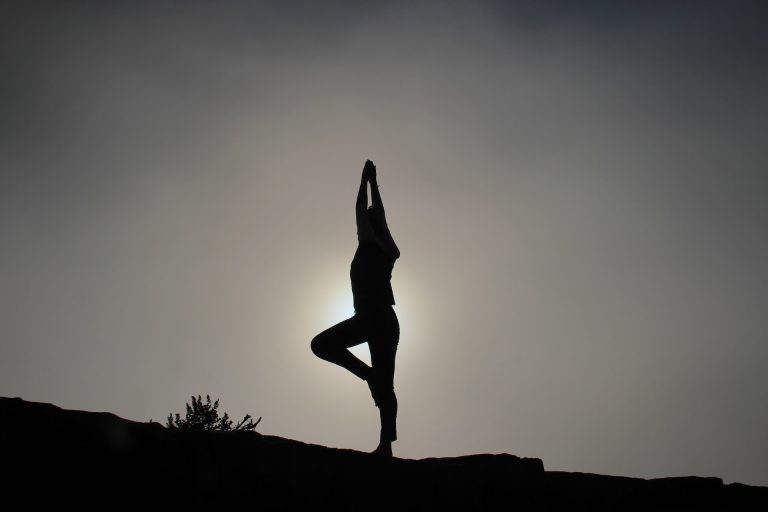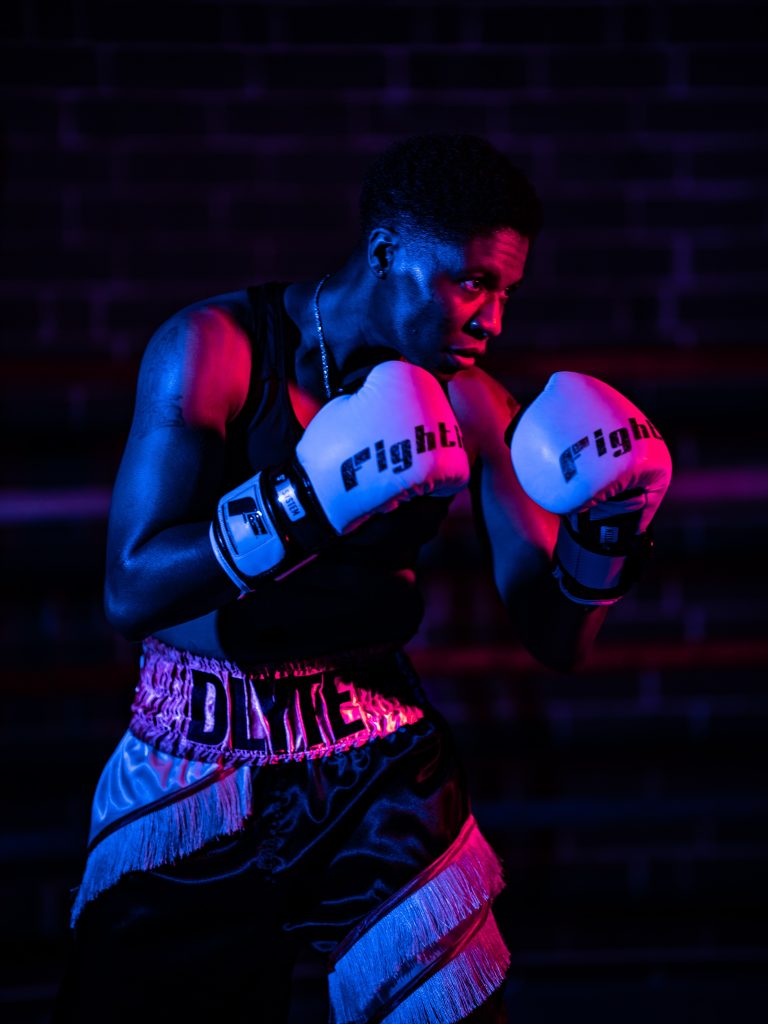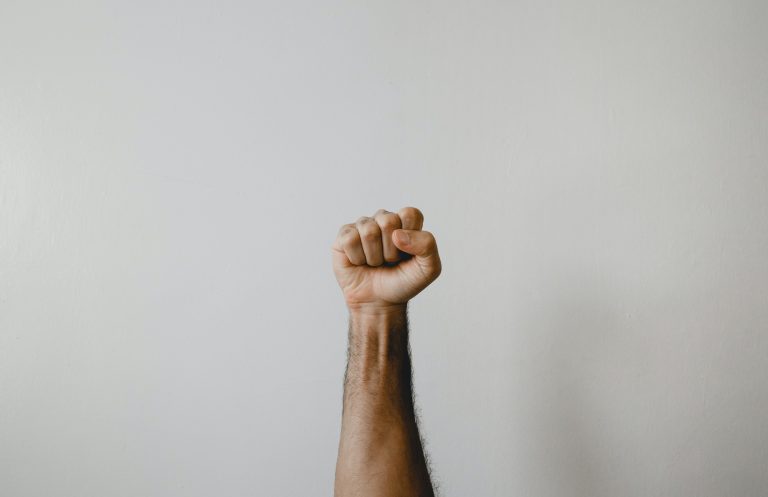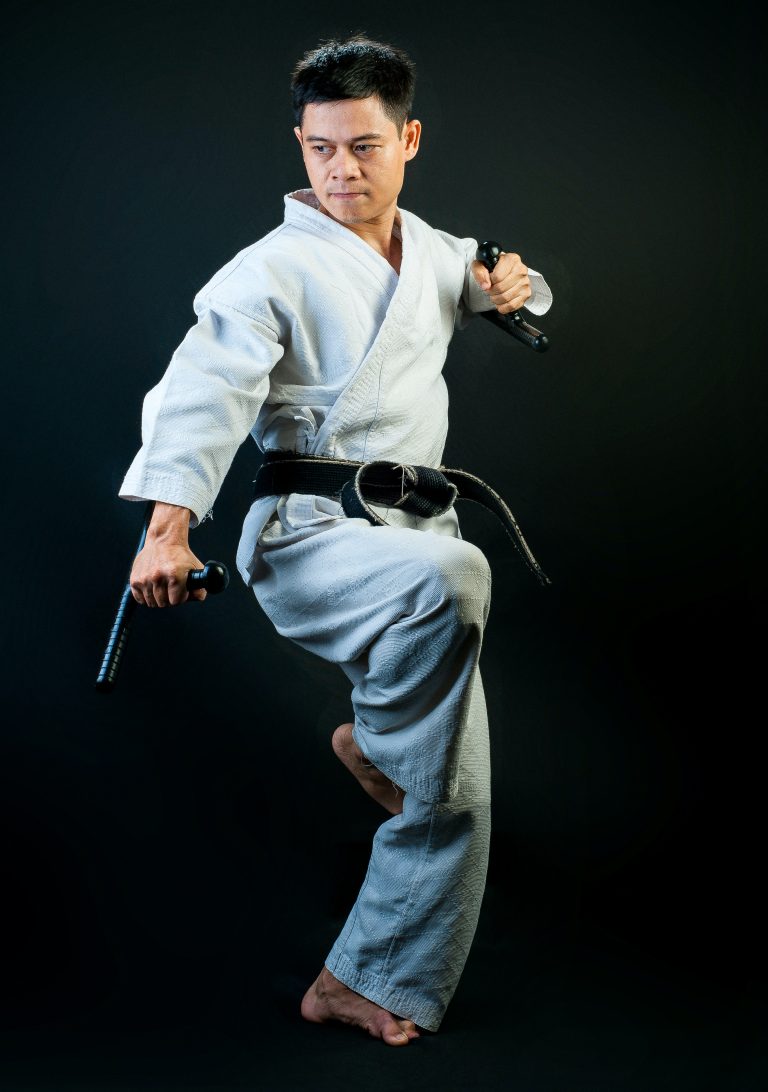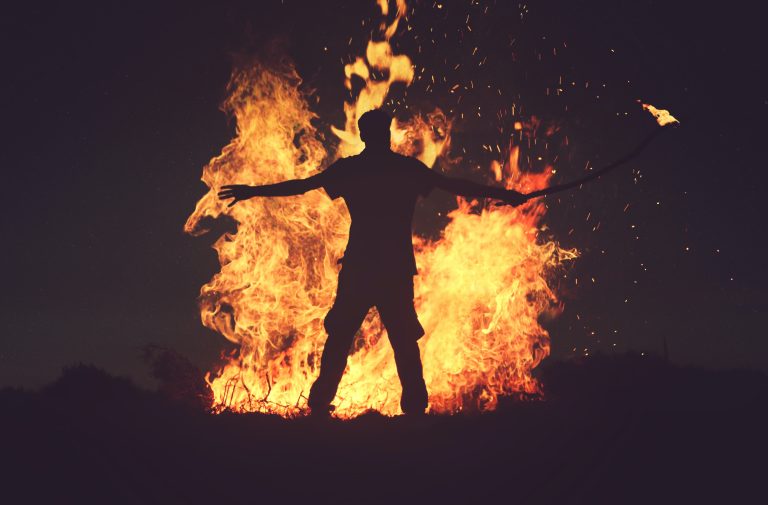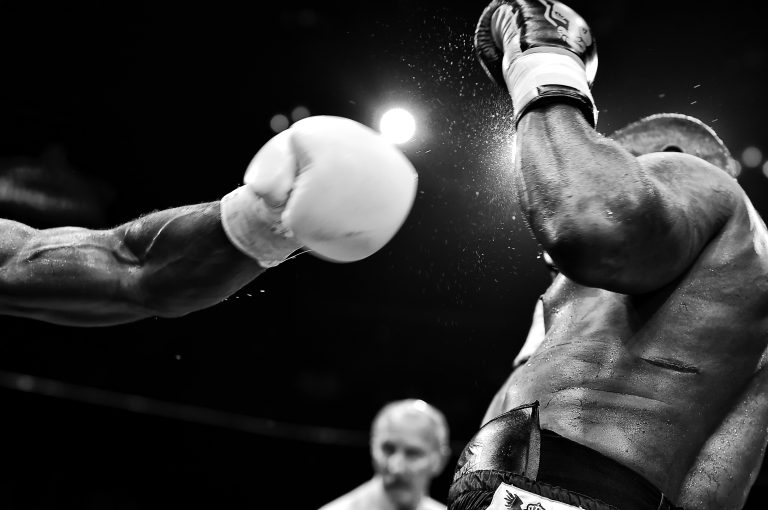What Should You Look for When Choosing a Karate Dojo?
Karate is a martial art with a long and complex history. Those who choose to pursue karate as an art form can do so in many different ways, but ultimately their journey to become a proficient martial artist will depend heavily on the dojo they choose to join. That’s why it’s important to understand what to look for when considering a karate dojo. Whether you’re new to karate or have done it before and are looking for a new place to train, these points should help make the decision easier.
Assess the Instructor(s)
The most important factor to consider when selecting a karate dojo is the quality of the instructor. The quality of the instructor can be determined by asking questions such as: How long has the instructor been teaching karate? What style of karate does the instructor teach? How much successful experience does the instructor have in teaching students? What awards, recognition, or certifications does the instructor have?
When researching an instructor’s background, also be sure to look into any records of misconduct, inquiries, or complaints. It’s important for instructors to maintain a professional and respectful relationship with their students, so having a clear understanding of an instructor’s history is essential.
Research the Dojo
Once you’ve identified an instructor you’d like to work with, it’s important to research the dojo itself. Consider some of the following factors:
- How long has the dojo been in operation?
- What is the size of the dojo? (This is important for safety and comfort)
- What kind of space is available? (Does the dojo have enough room to perform katas?)
- What kind of equipment does the dojo provide? (Are there enough punching bags, martial arts mats, etc.?)
- Are classes offered at convenient times?
The answers to these questions will give you insight into the quality and availability of classes, as well as potential comfortability. Additionally it can also be beneficial to research reviews from other students, visit any online forum discussions about the dojo, or talk to other students directly in order to gain unbiased opinions and assess whether the dojo’s atmosphere is compatible with your learning style.
Evaluate the Cost
Karate can be an expensive activity, and the cost of attending a dojo should always be taken into account before committing to a program. Questions like these should be considered:
- What are the monthly/semester/yearly tuition costs?
- Are there one-time fees such as registration, testing or equipment?
- Are there discounts for family members or longer contracts?
- What payment methods are accepted?
It’s also important to look for added bonuses that may come with attendance at certain dojos. Some programs may offer special activities such as weapons training, sparring sessions, team tournaments or physical fitness classes that might not be available at all locations. All these extras can help improve your martial arts experience.
Find Community Support
Karate is an individual effort and achieving success in martial arts ultimately depends on personal dedication and commitment. However, having good relationships with other members of the community can also play an important role in any student’s development. When deciding which dojo to join, consider how likable are the other students and how motivating is their environment for you. Furthermore, being part of a supportive community can lead to a more comprehensive understanding of karate as it relates to personal growth and improvement – something that coaches and instructors can’t easily provide.
Know Your Goals
Finally, when searching for a karate dojo it’s important that you understand your goals and aspirations for joining. Before deciding on a program it’s important to know for yourself what kind of curriculum appeals to you and what kind of atmosphere you’re looking for in order to make sure you’re signing up for something that fits your desired outcome. This can include asking yourself questions like: What belt level am I hoping to achieve? Am I looking to compete or just participate in tournaments recreationally? Will I have time that allows me to attend regular classes? Do I just want casual instruction or will I benefit from a more intensive program? Knowing this information before committing can make the whole process easier and more rewarding in the long run.
Conclusion
Choosing the right karate dojo can mean the difference between making progress in martial arts and being stuck without improvement. To ensure success it’s important to take into account all factors such as quality of instruction, size of the facility, cost, community support, and even personal goals when selecting a program. Knowing how to evaluate these key points will make it easier for practitioners of all levels to find the rightenvironment for their martial arts journey.
What Should You Look for When Choosing a Karate Dojo?
Choosing the right Karate Dojo is a decision that can affect your life for years to come. The dojo you choose will become your second home, and the sensei (instructor) will be your guide on the journey towards mastering the art of karate. With so many options available, it can be difficult to know what to look for. In this article, we’ll discuss the most frequently asked questions you might have when choosing a Karate Dojo.
1. What Style of Karate Does the Dojo Teach?
Karate is divided into several styles, with each style having its unique features and focus. Therefore, it is essential to know what style of karate the dojo teaches before making a decision. Some styles focus primarily on striking, while others emphasize throws and grappling techniques. By understanding the style taught, you can determine whether the dojo will align with your goals and preferences.
2. Is the Dojo Inclusive and Welcoming to All Skill Levels?
The karate community is diverse, and students come from different backgrounds, with varying levels of skill, experience, and physical abilities. Hence, it is crucial to join a dojo that’s both inclusive and welcoming, no matter your skill level. This means that everyone should feel valued, respected, and included, regardless of their experience level. In a good dojo culture, junior students should feel valued for their potential, while senior students should be valued for their leadership roles.
3. What Is the Instructor’s Teaching Philosophy?
The instructor’s philosophy is essential and can potentially impact your learning experience. Some instructors have a competitive philosophy, meaning they are interested in teaching students to win tournaments, while others emphasize karate as a means of self-defense or as a source of mental and physical strength. Ultimately, it would help if you found an instructor that teaches a style, philosophy, and approach that resonates with your goals.
4. What Is the Instructor’s Experience and Qualifications?
A reputable dojo should have a qualified and experienced instructor. Many have earned black belts and have trained for several years to attain that rank. Therefore, it is essential to research the instructor’s experience and qualifications before joining a dojo. Some other factors to consider include their affiliations, whether they have competed or trained professionally, and whether their style is recognized by a governing body such as the World Karate Federation.
5. What Are the Class Schedules and Fees?
The class schedules and fees should be reasonable and accessible. A dojo may have classes during both the day and night to accommodate students with different schedules. However, some dojo may charge exuberant fees or have hidden fees that may not be apparent at first glance. It is always wise to ask about costs beforehand and understand what is included in the fees. Some expenses may include uniform, testing fees, and others.
6. Do They Have Adequate Facilities and Equipment?
Facilities and equipment available at the dojo should be well taken care of, clean and plentiful. Students should have access to dressing rooms, restrooms, and shower facilities. The dojo should be spacious enough to accommodate all students and have proper ventilation. You should also confirm whether the facilities are insured and comply with local and state regulations.
7. Does the Dojo Encourage Sparring and Self-Defense Training?
Karate is a martial art, and sparring is a crucial aspect of training. Encouraging sparring ensures that students have an opportunity to put their skills into practice in a controlled environment. Additionally, some dojos may teach self-defense alongside traditional karate techniques. Self-defense training is essential as it prepares students to defend themselves in the real world.
8. What Are the Reviews and Testimonials?
Finally, it is essential to read reviews and testimonials from other students before joining a dojo. Reviews offer insights into the dojo’s culture, teaching philosophy, and whether it aligns with your objectives. You can also check social media pages, visit the dojo website or ask friends and family for recommendations.
Conclusion
Choosing the right Karate Dojo requires research, patience, and attention to detail. It is essential to consider the instructor’s philosophy, the dojo’s culture, qualifications, and experience, among other factors. Additionally, read reviews and visit different dojos before making a final decision. Remember, the dojo you choose will be your second home, and the sensei will be your guide, so make the best decision for yourself.
Inhaltsverzeichnis

